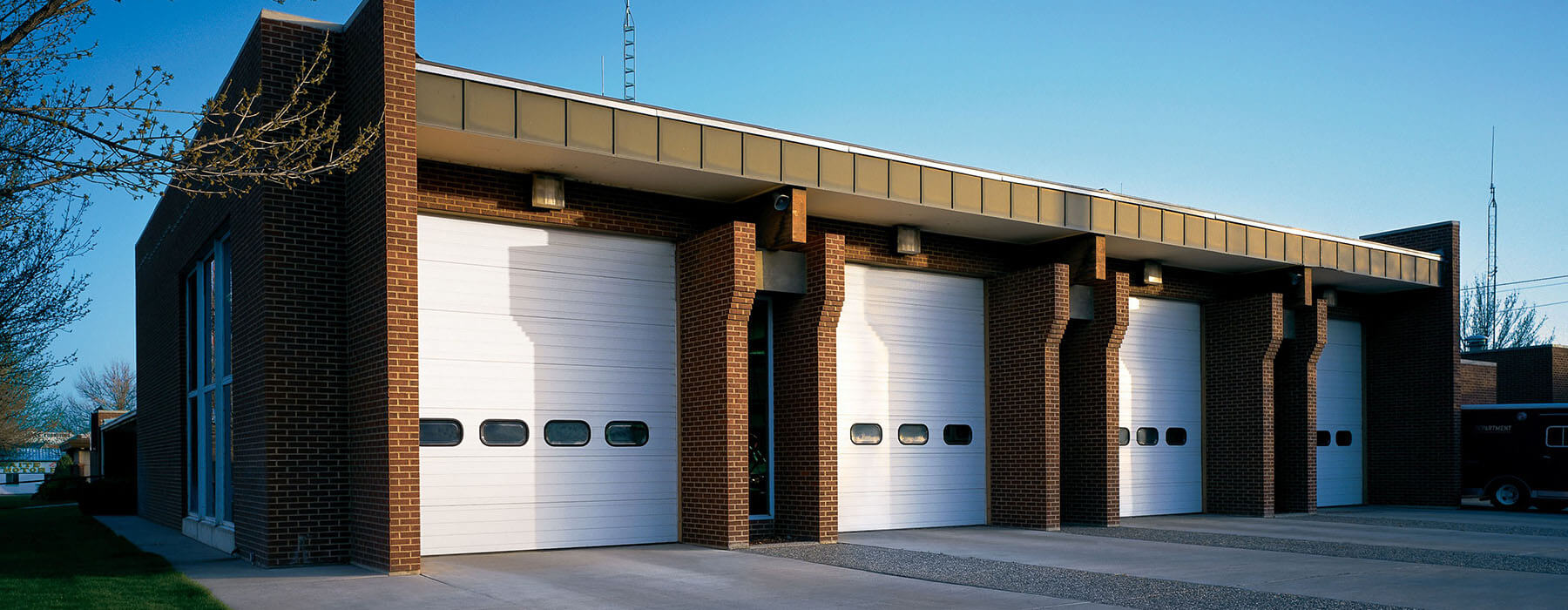Every homeowner is looking for ways to save money, especially when the cost of basic needs, like groceries, gas and water, rises. Taking steps to make your home more energy efficient is one place to start. Consider your residential garage; if an attached garage isn’t energy efficient, it can negatively affect your heating and cooling bill. An attached garage takes up a lot of space and has a huge opening that lets in cold air in the winter and hot air in the summer. That air can seep into your home, forcing your HVAC system to work harder to keep temperatures regulated. Making your garage more energy efficient helps maintain steady temperatures inside your home.
Why You Should Embrace Energy Efficiency
Energy efficiency is all about using less energy to perform the same task. Energy-efficient homes for example use less energy to heat, cool and run appliances and electronics. When essential home processes, like running the heat, doing laundry and turning on the lights, use less energy, the benefits are huge.
- Environmental Benefits: Energy-efficient homes decrease the stress on a community’s electric grid, which reduces its emissions. Traditional power plants burn fossil fuels, which release greenhouse gasses and contribute to air pollution, according to the S. Office of Energy Efficiency & Renewable Energy. Energy-efficient homes are also better equipped to switch to renewable energy.
- Health Benefits: Less emissions equals less air pollution, which allows everyone to breathe better. Energy efficiency can also potentially reduce symptoms of cardiovascular systems as well as rheumatism, arthritis and allergies.
- Saves Money: Energy-efficient homes cost less to heat and cool. While these savings help homeowners, it also positively impacts businesses. Energy-efficient buildings cost less to operate, which means industry and manufacturing plants can make products at a lower cost, passing on the savings to consumers.
Now that you know some of the benefits of being energy efficient, it’s important to know how to take steps to make your home more efficient, starting with your garage.
5 Ways to Make Your Garage More Efficient
Insulate the Walls
Garage walls and ceilings that aren’t insulated allow air to easily pass through. Insulation is essential to providing resistance to that airflow, which helps lower your heating and cooling costs and makes your home more comfortable. Insulation is rated by its thermal resistance or R-value to conductive heat flow. The higher the R-value, the better the insulation. Insulating your attached garage’s walls and ceiling can reduce heat loss and make your garage more comfortable. According to Energy.gov, Siouxland lands right between zones 5 and 6 so having an R-value of R10 or higher on the walls and three to four inches of R49 in the attic is recommended.
Update Windows
Leaky, old garage windows are an energy-efficiency killer. According to Energy.gov, heat gain and heat loss through windows are responsible for 25% to 30% of residential heating and cooling energy use. Make windows more energy efficient by:
- Caulking and weatherstripping old windows. Choose a weatherstripping that will withstand friction, weather, temperature changes and wear and tear. Pay attention to the gap between the window sash and framed opening.
- Adding energy-efficient window coverings, awnings and films. Thermal window coverings can reduce drafts while controlling daylight and glare and providing privacy. Awnings and window films help block solar heat gain, which helps keep garages cool in the summer.
- Installing new energy-efficient windows. Replace old, drafty windows with energy-efficient ones. Look for windows with the Energy Star label.
Switch to LED Lighting
Lighting accounts for around 15% of an average home’s electricity use, according to Energy.gov. Switching to LED lighting can save the average household about $225 per year in energy costs. Switching old, incandescent bulbs to LEDs in your garage can start building savings as LEDs use up to 90% less energy and last up to 25 times longer than traditional incandescent bulbs.
Remove Energy-Sucking Appliances
Just like windows and doors, new appliances are more energy efficient than those that have been around for decades. If you have an old refrigerator or chest freezer in your garage, you may want to calculate just how much energy these appliances are using. This can be done by estimating the amount of time the appliance is on and finding out how much wattage it uses. Once you have these numbers, plug them into the following formulas:
- (Wattage × Hours Used Per Day) ÷ 1000 = Daily Kilowatt-hour (kWh) consumption
- Daily kWh consumption × number of days used per year = annual energy consumption
- Annual energy consumption × utility rate per kWh = annual cost to run appliance
Upgrade to an Insulated Garage Door
An insulated garage door with an R-value of 7 or higher can help regulate the temperature inside your garage, which can be extremely beneficial for attached residential garages. Overhead Door Corporation uses a calculated door section R-value for our insulated doors. Our Thermacore® insulated garage doors provide 9.31 to 17.5 R-value. This makes a huge difference for homeowners both in the winter and in the summer. A quality insulated garage door helps regulate the temperature inside your garage, which if attached to your home, can help lower your heating and cooling bills. And if the inside of your garage is already insulated, the savings could be even bigger.
Overhead Door of Sioux City and Overhead Door of Yankton can answer all your questions about your residential garage door, including what improvements can make your garage more energy efficient. Contact us today!





